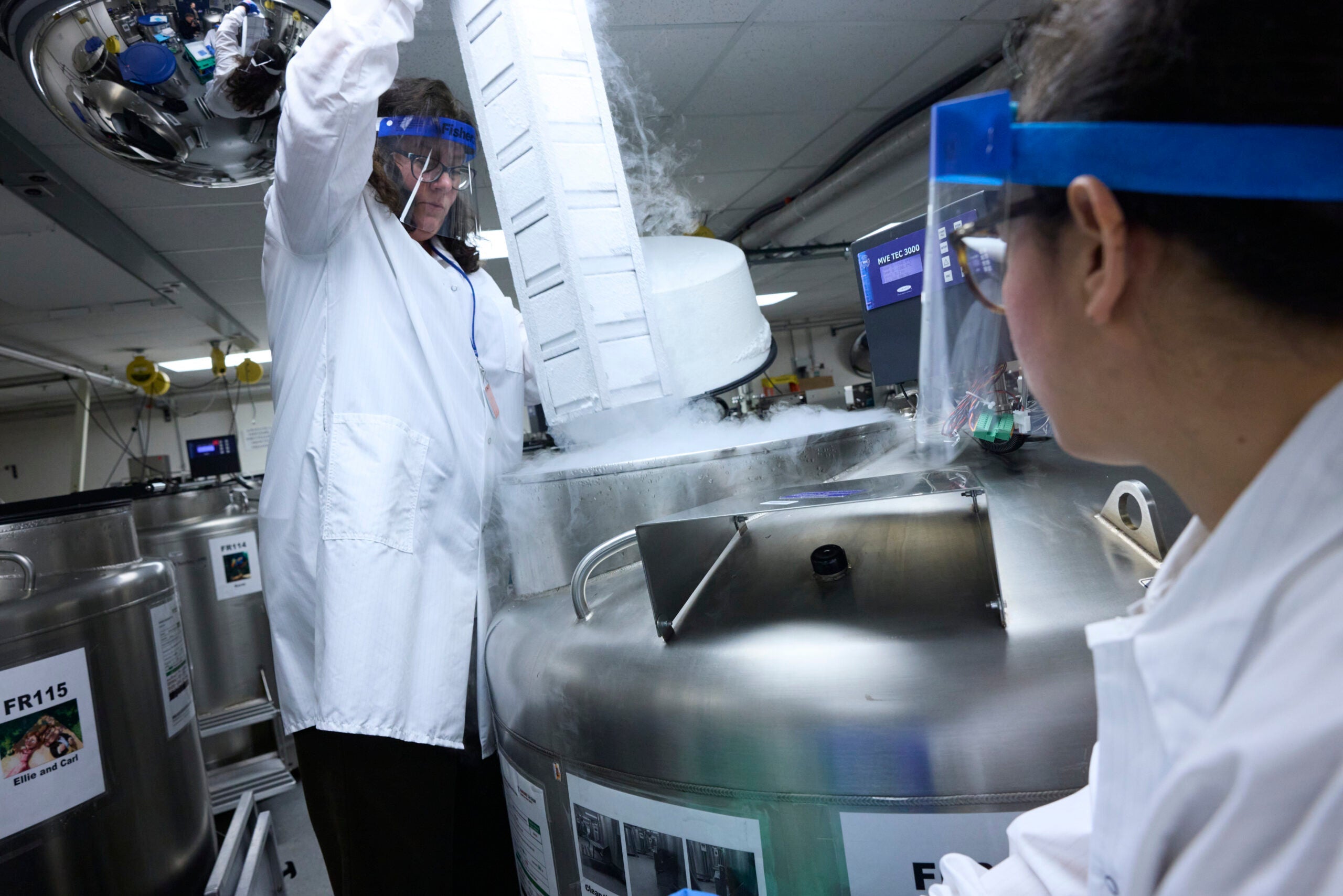Heather Eliassen
Professor of Nutrition and Epidemiology
Nutrition, Harvard T.H. Chan School of Public Health
Departments
Department of Epidemiology
Department of Nutrition
Other Positions
Faculty Affiliate in the Department of Epidemiology
Epidemiology, Harvard T.H. Chan School of Public Health
Professor of Medicine
Medicine-Brigham and Women's Hospital, Harvard Medical School
Related Links
Biography
I am a Professor of Nutrition and Epidemiology at HSPH, Professor of Medicine at HMS, and an Associate Epidemiologist in the Channing Division of Network Medicine (CDNM) at BWH. My research focuses on the associations between lifestyle factors, biomarkers of lifestyle and hormones, and breast cancer risk and survival. I have studied ways women may alter their lifestyle to reduce breast cancer risk, leveraging the rich resources of the Nurses’ Health Study (NHS) cohorts. I have obtained funding from the NIH and Komen Foundation as an independent investigator, with a focus on carotenoids, oxidative stress, metabolomics, modifiable lifestyle factors, and breast cancer risk and survival. My main administrative responsibilities include serving as co-PI of the NHS and NHSII cohorts, Director of the BWH/Harvard Cohorts Biorepository, Associate Director of the CDNM, and Director of the Chronic Disease Epidemiology unit in the CDNM. The remainder of my time is spent teaching and mentoring.
In my study of potentially preventive lifestyle factors, I showed that weight loss and increased physical activity after menopause reduced breast cancer risk. As chair of an international collaborative group, I led a pooled analysis of 8 cohort studies and showed that higher blood levels of carotenoids, prominent in fruits and vegetables, significantly reduced breast cancer risk. As a result, I obtained an NIH R01 to continue studying carotenoids and explore the role of oxidative stress in breast cancer etiology. In a more in-depth examination of carotenoids and breast cancer risk, I observed a significantly lower risk of lethal breast cancer with higher carotenoid levels. In analyses of dietary factors and breast cancer risk as well as survival after breast cancer diagnosis, with funding under the P01. A plant-based dietary pattern was associated with lower breast cancer risk, while a pro-inflammatory dietary pattern was associated with increased risk, particularly for aggressive estrogen receptor negative tumors. Greater fruit and vegetable consumption and a dietary pattern associated with lower diabetes risk were associated with better survival after breast cancer.
I also have expanded our understanding of the role of hormones in breast cancer etiology, and the intersection between hormones and lifestyle factors. I led the first extensive analysis of urinary estrogen metabolites with risk of breast cancer in premenopausal women, finding unexpected inverse associations. In addition, a marker of ovarian reserve, anti-Mullerian hormone, which is measurable in premenopausal women and is inversely associated with subsequent age at menopause, is associated with higher risk of breast cancer.
I have conducted several analyses of the role of metabolomics in the risk of breast cancer, funded by an R01 and P01 on which I served as MPI. Among premenopausal women in NHSII, we identified ten metabolites associated with subsequent breast cancer risk, including six metabolites associated with lower risk and four metabolites associated with higher risk. Among postmenopausal women in NHS, we observed positive associations with highly saturated triacylglycerols and breast cancer risk, but inverse associations with highly unsaturated triacylglycerols and cholesteryl esters.
As the co-PI of NHS and NHSII, with UM1 and U01 funding, I have multiple leadership responsibilities. I serve as a senior scientific resource to others wishing to collaborate, help determine the scientific direction of the study, and lead students and fellows in their analyses of lifestyle factors and biomarkers in relation to breast cancer risk and survival. I also represent the cohort nationally and internationally, including election to the steering committee of the NCI Cohort Consortium, for which I served as Chair in 2022. My reputation in the cancer research community has led to invitations to serve on several grant study sections, including the DoD and the parent committee for the Cancer Center Support Grant study section, and to give talks at NCI seminars and workshops and cancer research institutions internationally.
I am active in teaching at the HSPH, including as the primary instructor for EPI246: Applied Biomarkers in Cancer Epidemiology and co-instructor for EPI205: Practice of Epidemiology and mentoring at HMS and HSPH. I was the primary mentor for nine master’s and four doctoral students in Epidemiology or Nutrition (HSPH), three visiting doctoral students, and ten postdoctoral fellows (HMS and HSPH) as they conducted epidemiologic research. I currently mentor an additional three doctoral students in Nutrition. I also served on oral exam and thesis committees for 17 doctoral students.
Education and Training
-
AB, History
Dartmouth College -
ScM, Epidemiology
Harvard School of Public Health -
ScD, Epidemiology
Harvard School of Public Health


